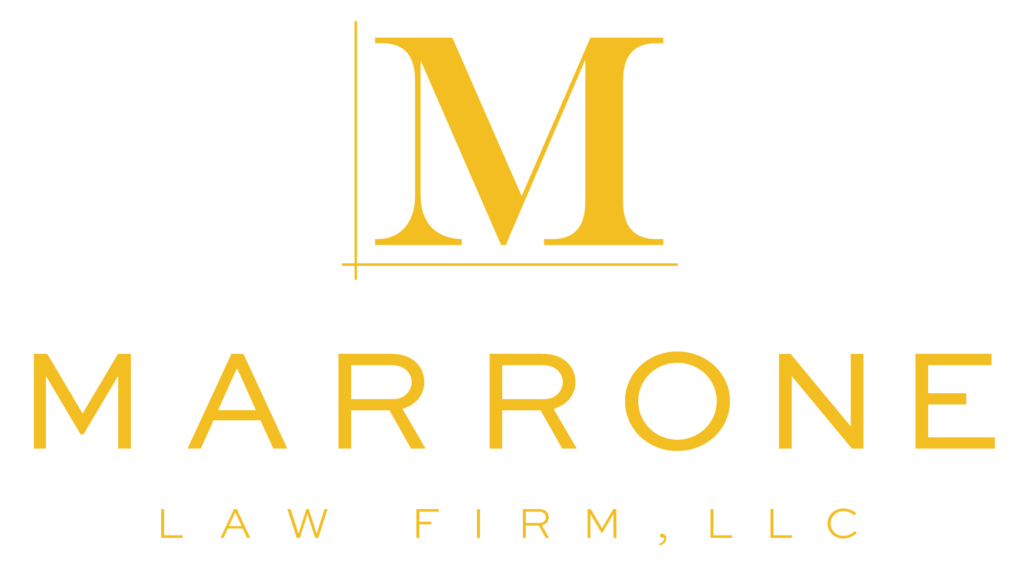Don’t Be Another Slip and Fall Accident Statistic This Winter Season

When a building has a defect, the consequences can be quite costly. Not only is there the cost of rebuilding or other repairs to consider, but if an individual is injured, it can leave them with costly medical bills and lost wages.
What is a Construction Defect?
Construction defects occur when problems in the initial design or building process lead to unsafe conditions. Each type of defect can lead to building damages, or worse, the injury of a person in the building. When an injury occurs, it may not be immediately clear who is responsible. This is something we explore below.
Determining Who Is At Fault for Construction Defects
In most cases, it is the designer or the engineer who is at fault when design defects occur while construction workers and subcontractors are likely to be considered at fault when there is a defect during the construction process.
The following individuals could be at-fault when a building defect leads to damages:
- Designer/engineer: The designer or engineer is responsible for designing a building that is safe and free of harm.
Architect: The architect is responsible for building a place that is free from user dangers. - Property owner: Property owners need to ensure that their property site is following all protocols and that their workers have a safe environment.
- General/subcontractors: General and subcontractors are responsible for working in a way that follows guidelines and for using the right materials.
It is not always easy to deem who is at fault when a building defect occurs. First, you will need to evaluate evidence like what the injury is and how it occurred. Then, it is necessary to evaluate any contracts that are in place because that could affect who is actually responsible for the damages.
The Importance of Contracts
The design and build of a project often require weeks, if not months, of paperwork before the project even begins. It is important to understand the details of these contracts in order to determine who can be held responsible when a building defect occurs.
Indemnification Provisions
Many contracts will include indemnification provisions. Indemnification provisions occur when one party transitions liability to another party. For example, a designer hires a construction company to build their project. In the contract, they include an indemnification provision, which means that if there are problems with the building, then the construction company is liable, not the designer. This indemnification can be transferred all the way down to the construction workers or even subcontractors.
Construction companies and workers both carry insurance policies to protect them in the event of a defect. This is because if a construction worker is deemed at fault for a building defect that leads to disastrous damages, it is unlikely that they would be able to cover the costs, which could result in hundreds of thousands of dollars.
When to Consult With a Construction Accident Lawyer
If you were injured while visiting a property or were injured as a result of a building defect, it is important to discuss your case with a lawyer. Working with a lawyer who is familiar with Pennsylvania’s laws will help you evaluate the contract and collect the necessary evidence to determine who is really at fault.
Contact a Center City Personal Injury Lawyer to Discuss Your Construction Accident Case in Pennsylvania
Did you or a loved one sustain serious injuries due to building defects in Pennsylvania? Don’t let the medical bills pile up while you wait for the negligent party or their insurance company to do the right thing. Right now, you need an aggressive personal injury attorney on your side, fighting to get you the compensation you need, want, and deserve. The skilled attorneys at the Marrone Law Firm, LLC represent clients injured because of building defects in Philadelphia, Center City, University City, and throughout Pennsylvania. Call (866) 732-6700 or fill out our online contact form to schedule a free consultation about your case. We have an office conveniently located at 200 South Broad Street, Suite 400, Philadelphia, PA 19102.
The articles on this blog are for informative purposes only and are no substitute for legal advice or an attorney-client relationship. If you are seeking legal advice, please contact our law firm directly.






